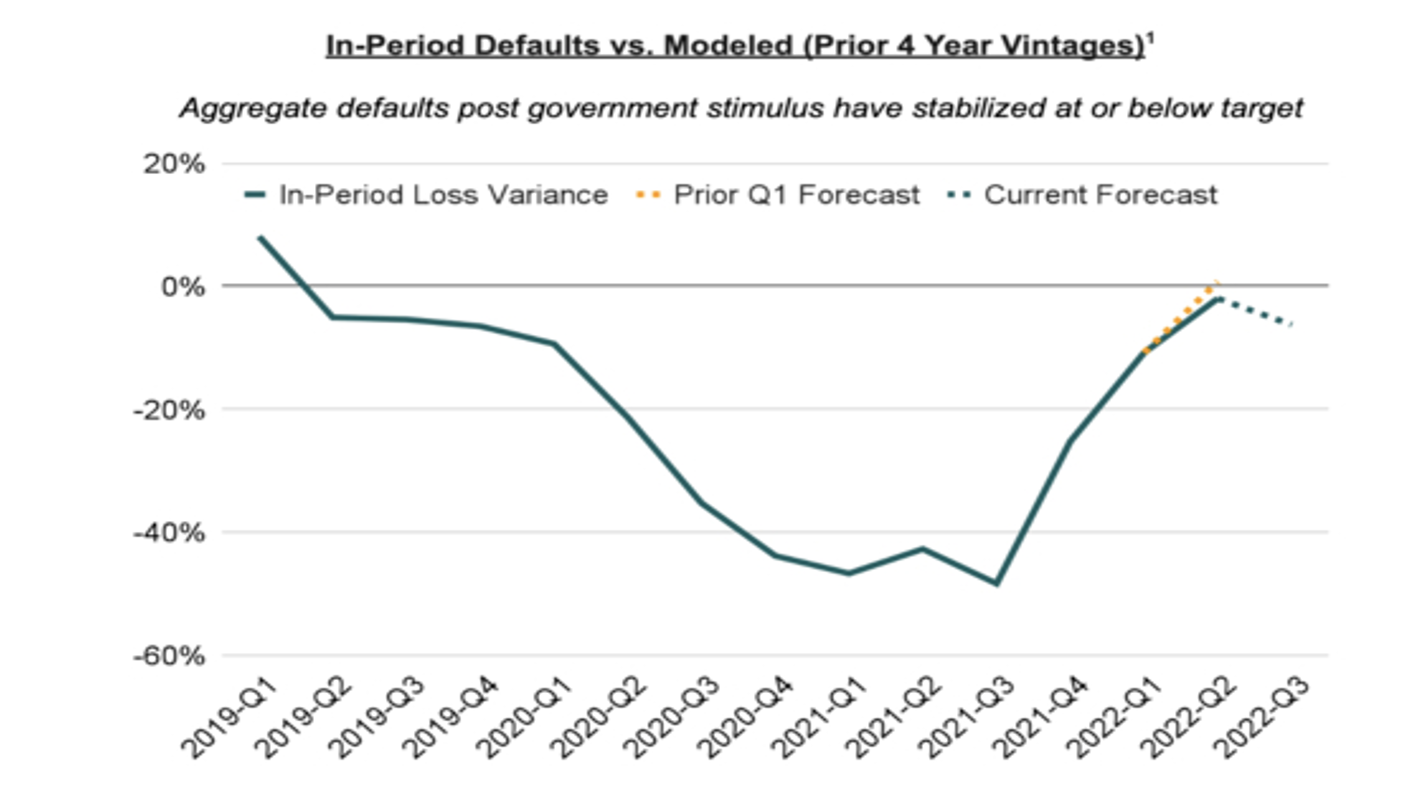- UPST stock has taken an epic round-trip from $29 to $400 to a current $25
- Recession fears an issue, but biggest problem is the sudden end to company’s growth
- In 2021, investors believed Upstart was disrupting the industry. UPST won’t rally until investors regain that confidence
In the past two years, a good number of stocks have soared and crashed. Few have executed a more spectacular round-trip than consumer lending platform Upstart Holdings Inc (NASDAQ:UPST).
Upstart went public in December 2020 at an initial offering price of $20. UPST stock closed its first trading day at $29.47. Ten months later, the stock set an all-time intraday high just above $400. Nine months from that point, UPST is back at $25. All told, in less than two years, shares gained 1,900%—and then declined almost 94%.
Obviously, the volatility in the broader market is a factor. So are fears of a recession that may lead to higher losses on loans generated by Upstart.
The biggest factor, however, seems relatively simple: investors believed Upstart was unique for a time. But they no longer do. For UPST stock to find a bottom, let alone a rebound, it will have to regain that confidence from investors.
The Business Turns
When Upstart went public, the company positioned itself as a truly innovative company. In the company’s prospectus, chief executive officer Dave Girouard wrote that “lending is broken” and that “artificial intelligence is the fix.”
Clearly, the market bought that story. Upstart’s financial results seemed to support Girouard’s claim. In 2021, Upstart’s revenue increased a whopping 264% year-over-year. Adjusted EBITDA (earnings before interest, taxes, depreciation, and amortization) jumped more than 600%; adjusted EBITDA margins were a healthy 27%.
But as interest rates and economic fears rose, Upstart’s growth stalled. After first-quarter earnings, guidance suggested a year-over-year revenue decline for the last three quarters of the year, with EBITDA margins guided to just 15%.
That guidance led UPST stock to plunge 56% in a single day. Incredibly, the news has become worse. Last week, Upstart pre-announced disappointing numbers for the second quarter, well behind original guidance. Upstart expects a rather large net loss in the quarter.
A Different Product Or Different Packaging?
The sudden end to growth raises an important question. Again, Upstart positioned itself as an innovative, even transformative company, one whose data analysis could even replace the ubiquitous credit score.
It doesn’t look that way anymore. Rather, Upstart looks like the lending businesses that pop up during every period of low-interest rates, when banks and other institutional investors are stretching for yield. Just like banks were happy to buy almost any mortgage during the housing bubble of the 2000s, Upstart had no problem packaging and selling the loans it made in 2021 and the early part of this year.
That ended in a hurry. By the first quarter, Upstart was keeping loans on its balance sheet. But the company didn’t have enough dry powder: one of the reasons cited for the disappointing Q2 results was that it had to sell loans at a loss; the quick spike in interest rates meant buyers would pay a far lower price for already-issued loans.
On top of that, Upstart now projects its loans will perform far worse than it had previously believed:

Source: Upstart press release
The obvious question: Is Upstart’s loan selection process really an evolutionary step forward? Or, did the combination of low unemployment and government stimulus simply create the best environment possible?
Upstart Vs. Enova International
Back in 2014, pawn shop operator Cash America spun off Enova International Inc (NYSE:ENVA). Enova was Cash America’s digital arm, which provided personal loans like Upstart.
At the time, Enova offered highly short-term loans (sometimes derisively referred to as “payday loans”), but amid higher regulation, Enova has moved toward longer-term lending. The company has long touted its data and its analytics as a key edge. And indeed, over time, Enova’s portfolios appear to have outperformed in terms of losses.
Since that spin-off, ENVA stock hasn’t gone anywhere. Shares, in fact, trade below where they did when the spin-off took place. And over that stretch, Enova stock generally hasn’t been valued at more than 8x earnings.
Personal lending is an exceptionally difficult business because when the market turns, it turns with a vengeance. Higher interest rates lower the value of existing loans; a loan priced at, say, a 15.99% annual percentage rate is worth less when the same loan now might be priced at 18.99%. The pool of qualified new borrowers shrinks, and those borrowers are less likely to enter into agreements at higher costs. Lower economic growth and unemployment can lead some borrowers to default.
The example of ENVA highlights the genuine risk to UPST, even with that latter stock down 94%. Upstart’s big rally last year was driven not just by growth but by plans to expand beyond personal lending (notably into auto lending).
Those plans likely are on hold, given potential balance sheet issues. What’s left is a business that suddenly looks a lot like every other personal lending business out there.
Investors don’t put a premium on those businesses when they make money. Upstart isn’t even doing that at the moment. Until that changes consistently and Upstart proves it can manage a difficult environment, the direction of Upstart stock is unlikely to change.
Disclaimer: As of this writing, Vince Martin has no positions in any securities mentioned.
